Call or Text us at

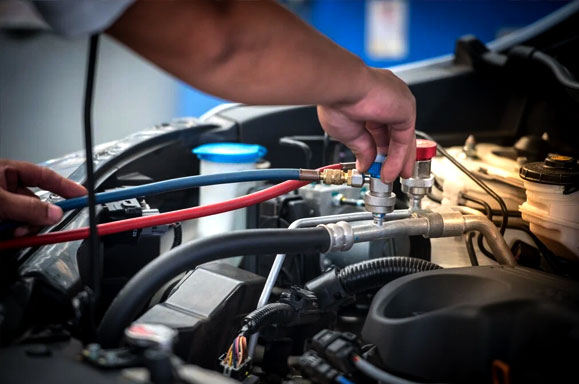
At Beach Auto Repair, our skilled professionals delve into concerns related to
malfunctioning car AC and heating systems. Whether it's inadequate cooling,
refrigerant leaks, or a worn-out compressor, our experts swiftly diagnose the issue
and proceed with the necessary repairs.
Insufficient cooling in your vehicle can stem from low refrigerant levels or a
damaged compressor. Our technicians excel at efficiently and effectively addressing
these problems, ensuring optimal AC performance and interior comfort. Don't hesitate
to reach out to us for top-notch AC and heating car services that guarantee a
comfortable driving experience.
Call or Text us at
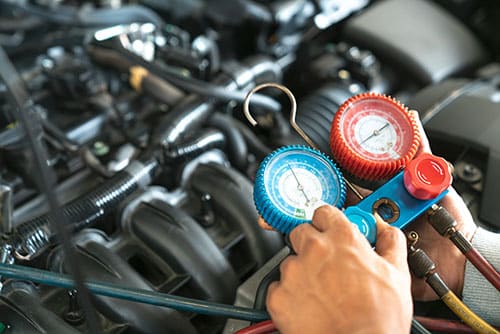

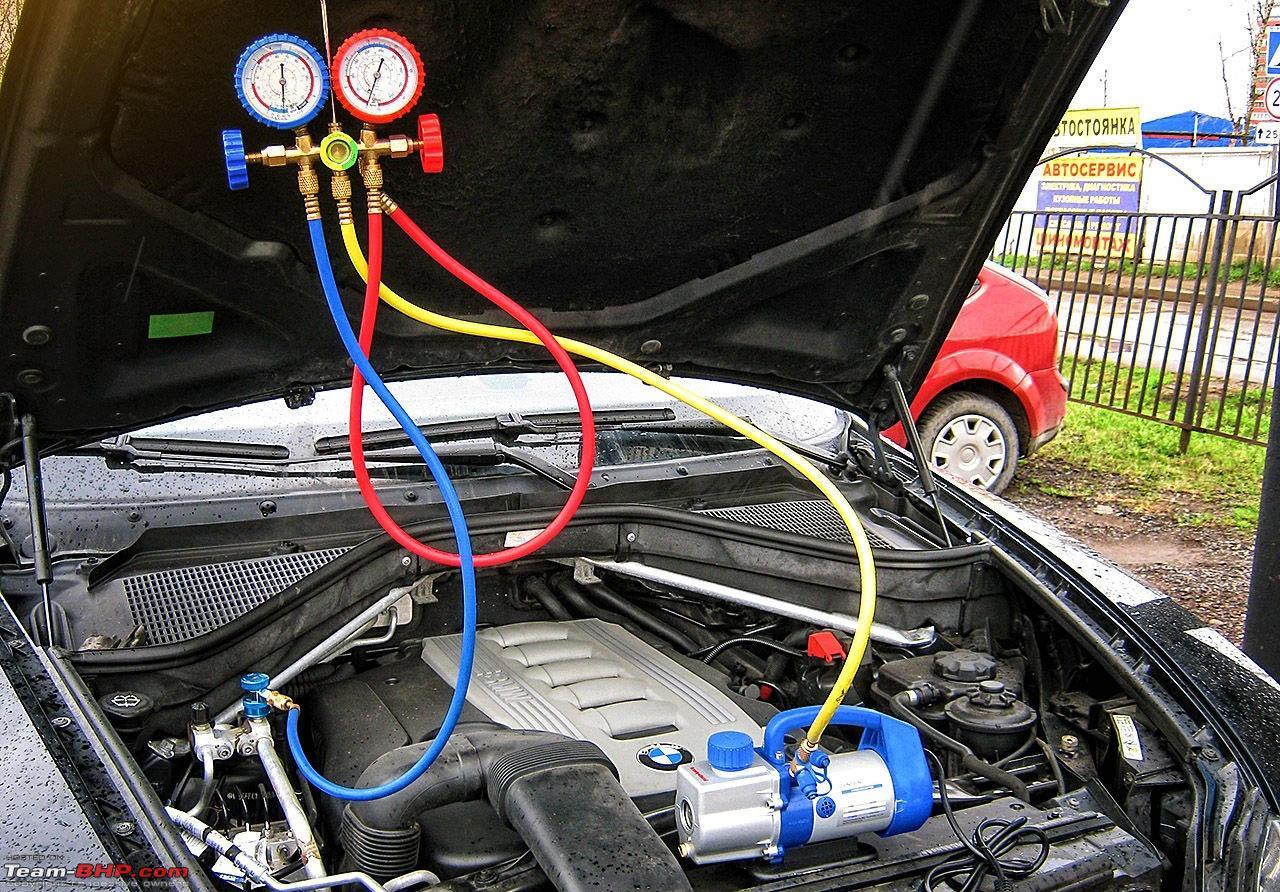
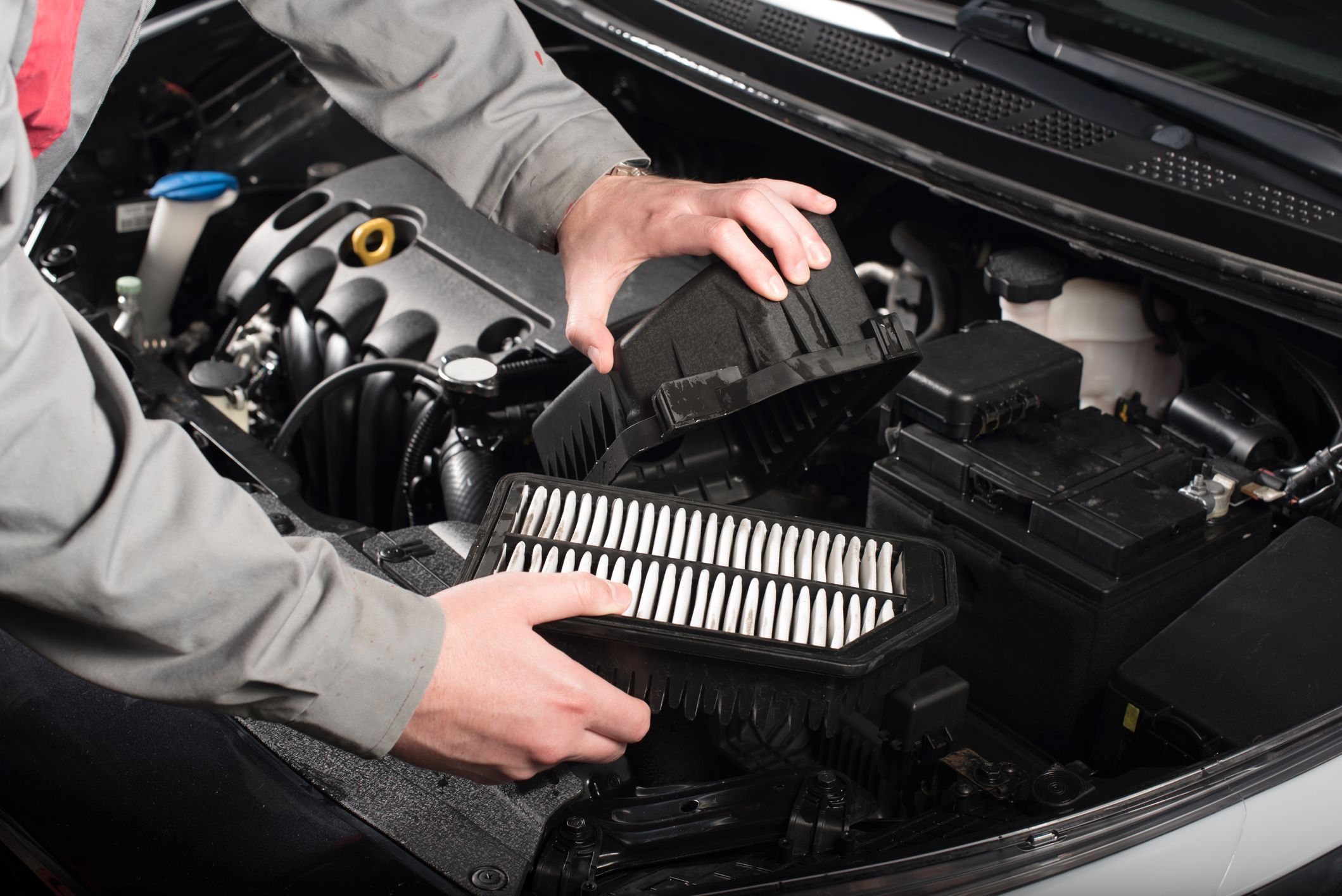
There are several key aspects to be aware of when servicing an automotive AC system. Here are some important points to consider:
1. Regular Maintenance: Just like any other component in your vehicle, the AC system requires regular maintenance to ensure optimal performance. It's recommended to have your AC system serviced at least once a year, ideally before the summer season or as per the manufacturer's guidelines.
2. Professional Inspection: It's advisable to have a professional technician inspect your AC system to identify any potential issues. They can check for leaks, and inspect the compressor, condenser, evaporator, and other components to ensure everything is functioning correctly.
3. Refrigerant Levels: The AC system relies on a refrigerant to cool the air. Over time, the refrigerant level may decrease due to small leaks or evaporation. If you notice reduced cooling performance, it's essential to have the refrigerant levels checked and topped up if necessary.
4. Leak Detection: AC systems can develop leaks over time, which can result in reduced cooling efficiency. A professional technician can use specialized tools to detect and fix any leaks in the system. Addressing leaks promptly helps maintain optimal performance and prevents further damage.
5. Air Filter Maintenance: The AC system has an air filter that prevents dust, debris, and pollutants from entering the cabin. It's crucial to regularly clean or replace the filter, as a dirty or clogged filter can restrict airflow and reduce cooling efficiency.
6. Odor or Mold Issues: If you notice any unpleasant odors when using the AC system, it could be a sign of mold or bacterial growth. A technician can clean the system and apply appropriate treatments to eliminate the odor and ensure clean airflow.
7. Belt and Hose Inspection: The AC system is connected to various belts and hoses that help drive the compressor and circulate refrigerant. These components should be inspected for wear and tear regularly to prevent unexpected failures.
8. Cooling Performance: If you notice that your AC system is not cooling as effectively as before, it could be a sign of a problem. Reduced cooling performance may indicate issues with the compressor, condenser, or other components, and it's advisable to have it checked by a professional.
9. DIY Limitations: While there are some AC system maintenance tasks you can perform yourself, such as cleaning the air filter, it's important to understand your limitations. Complex repairs and refrigerant handling should be left to trained technicians to avoid potential damage and ensure safety.
10. Warranty and Service Records: Keep track of all maintenance and service records related to your AC system. This documentation can be helpful for warranty claims and provide a history of the system's maintenance, which can help diagnose issues in the future.
By understanding these key points and staying proactive in maintaining your automotive AC system, you can ensure it operates efficiently, provides effective cooling, and prolongs the lifespan of the components.
The most common failures of automotive AC systems can vary, but here are some of the frequent issues that drivers may experience:
1. Refrigerant Leaks: AC systems can develop leaks over time due to worn-out seals, hoses, or connections. Leaks lead to a gradual decrease in refrigerant levels, resulting in reduced cooling performance. Professional technicians can detect and repair these leaks.
2. Compressor Failure: The compressor is a vital component of the AC system, responsible for circulating and compressing the refrigerant. Compressor failure can occur due to factors such as electrical issues, mechanical wear, or lack of lubrication. Signs of compressor failure include a lack of cooling or unusual noises when the AC is running.
3. Electrical Problems: Electrical issues, such as a malfunctioning relay, faulty wiring, or a blown fuse, can affect the AC system's performance. These problems may cause intermittent cooling, the AC not turning on, or the system shutting down unexpectedly.
4. Condenser Damage: The condenser is located at the front of the vehicle and is susceptible to damage from road debris, stones, or collisions. Bent or damaged condenser fins can restrict airflow and impact cooling efficiency.
5. Evaporator Coil Issues: The evaporator coil is responsible for absorbing heat from the cabin and cooling the air. Over time, the coil can become clogged with dirt, dust, or debris, reducing its effectiveness and leading to insufficient cooling.
6. Faulty Blower Motor: The blower motor is responsible for circulating cooled air into the cabin. If the blower motor fails, you may experience reduced airflow or no airflow at all from the vents, even if the AC system is functioning correctly.
7. Expansion Valve or Orifice Tube Problems: These components regulate the flow of refrigerant into the evaporator coil. Blockages or malfunctions in the expansion valve or orifice tube can restrict refrigerant flow, resulting in poor cooling performance.
8. Sensor Failures: AC systems rely on various sensors to monitor temperatures, pressures, and other parameters. Sensor failures can cause inaccurate readings and affect the overall operation of the system.
9. Mold or Mildew Growth: Moisture in the AC system can lead to the growth of mold or mildew, resulting in foul odors and poor air quality inside the vehicle. Regular maintenance and cleaning can help prevent or address this issue.
It's important to note that the specific failures can vary depending on the vehicle make and model, as well as the maintenance and usage history of the AC system. If you experience any issues with your AC system, it's recommended to have a qualified technician diagnose and repair the problem.
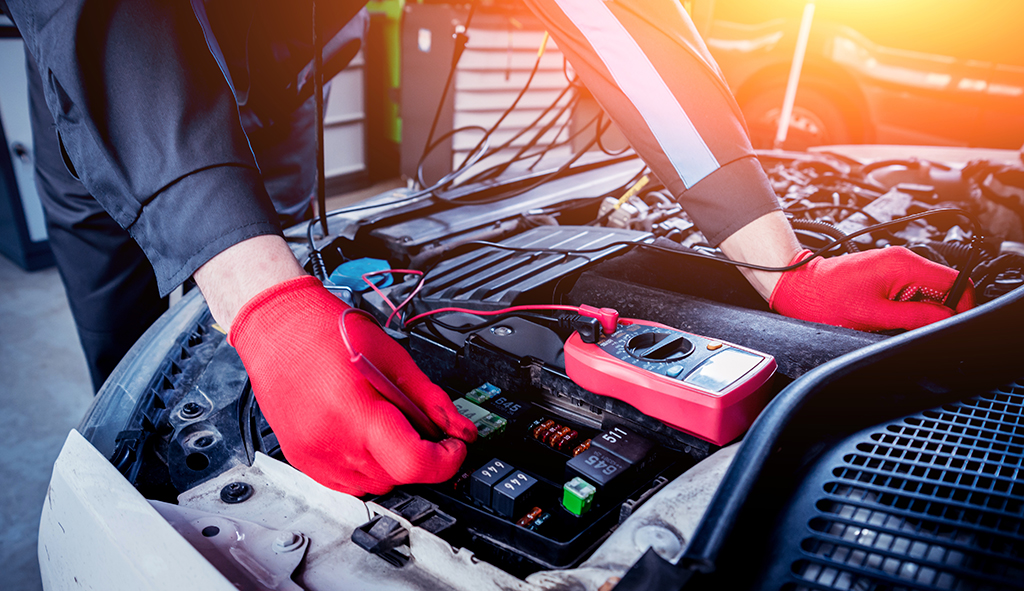
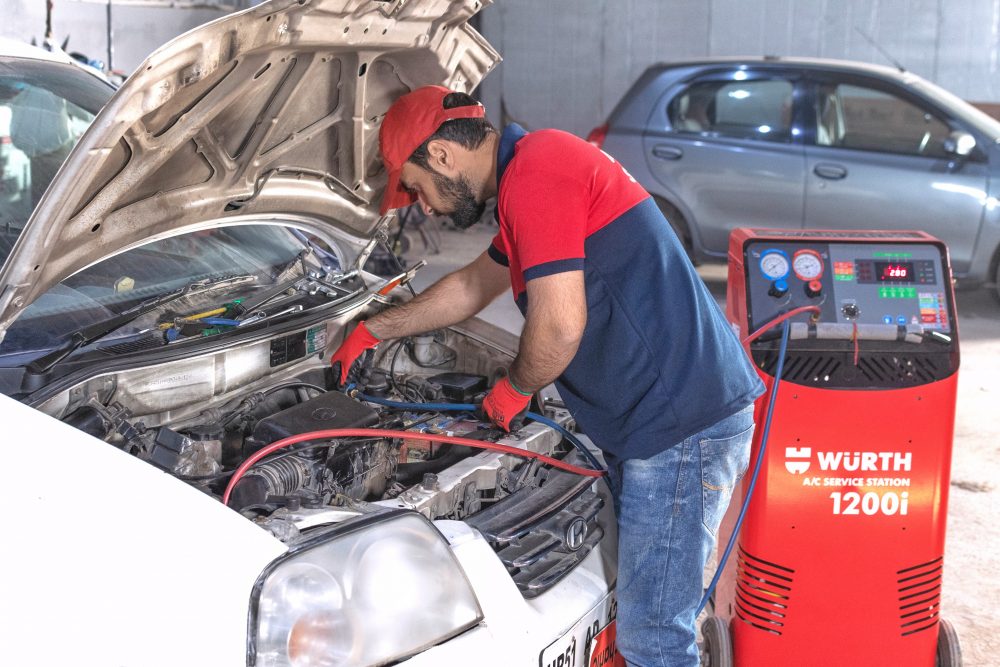
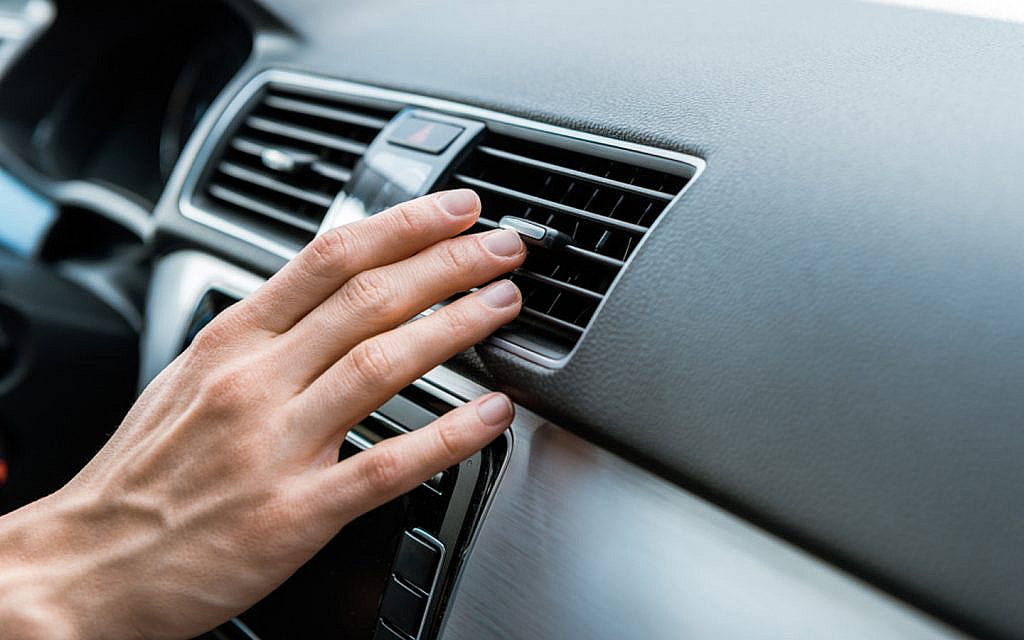
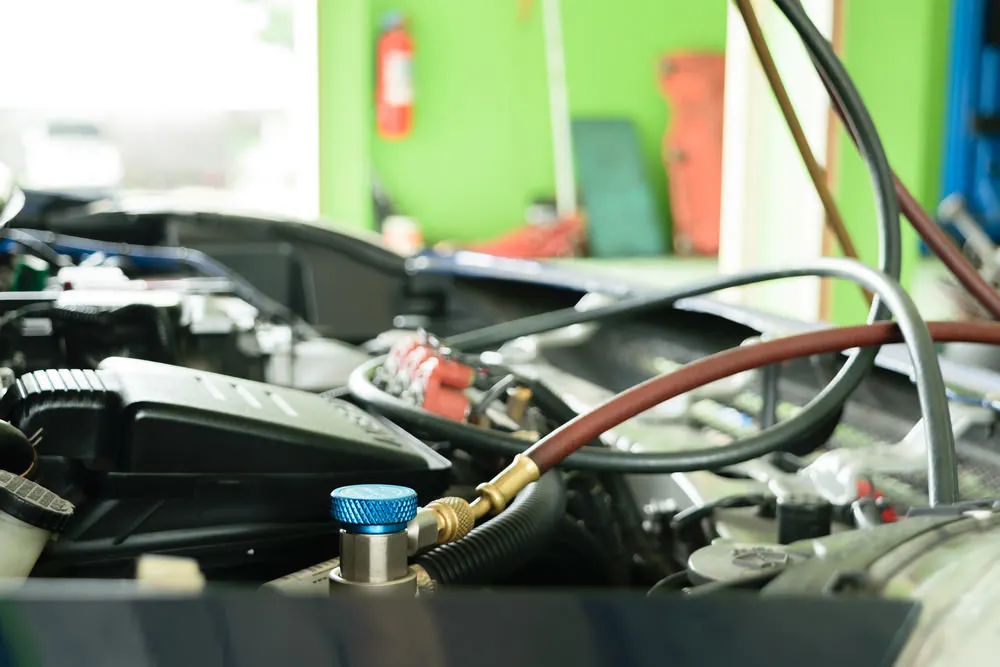

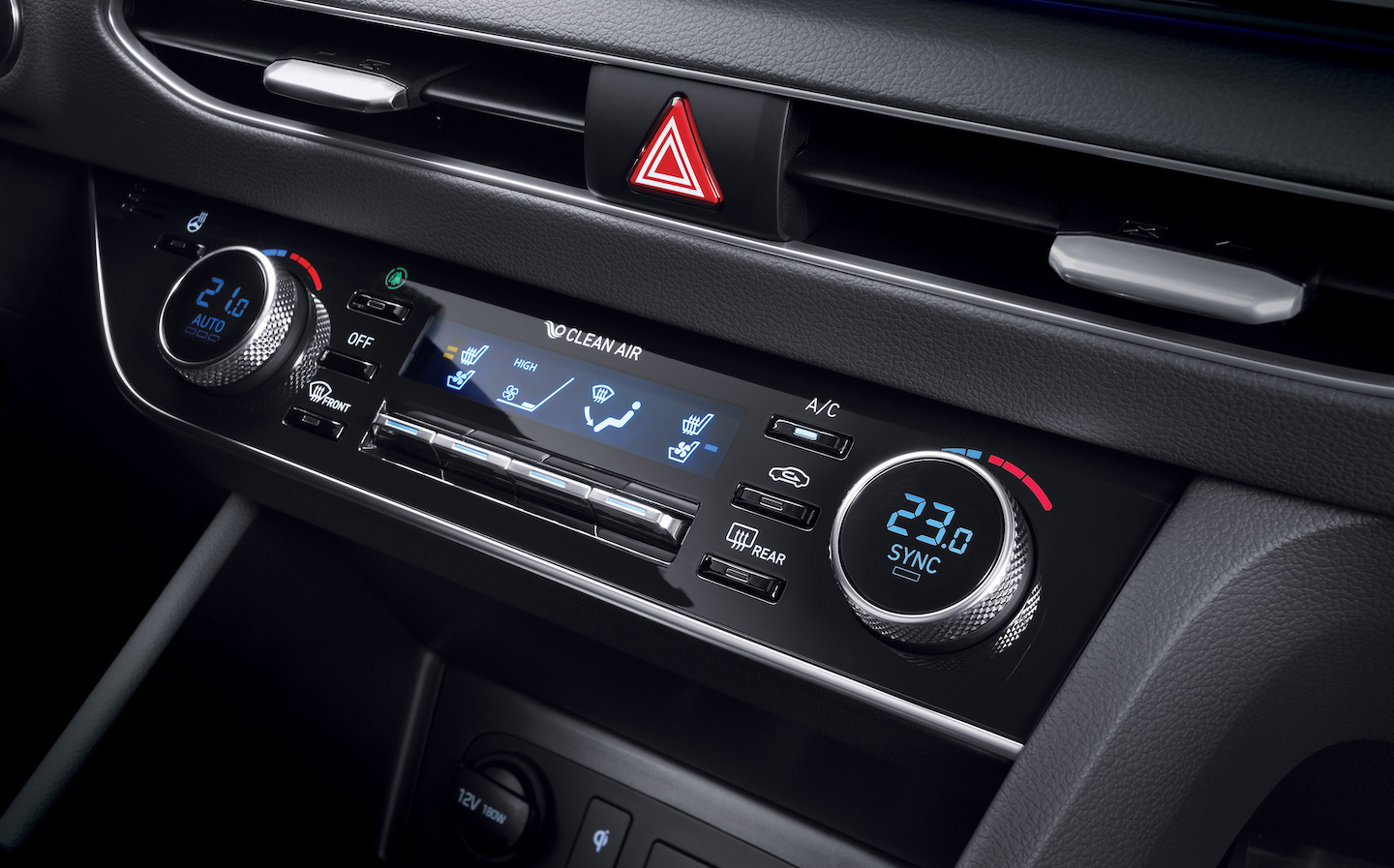
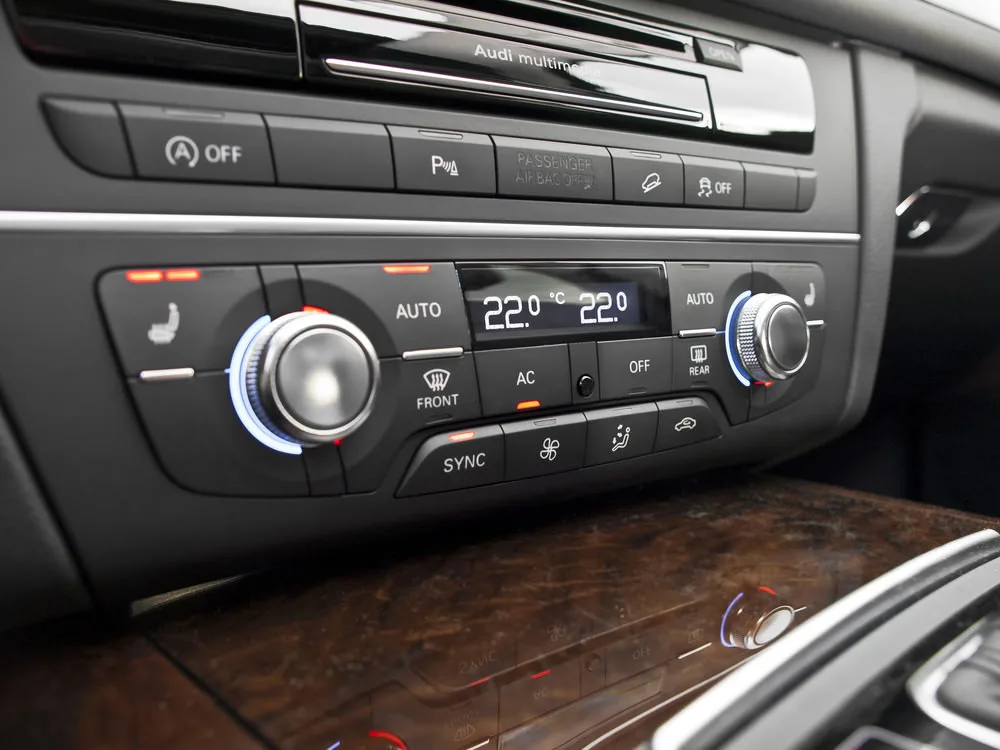
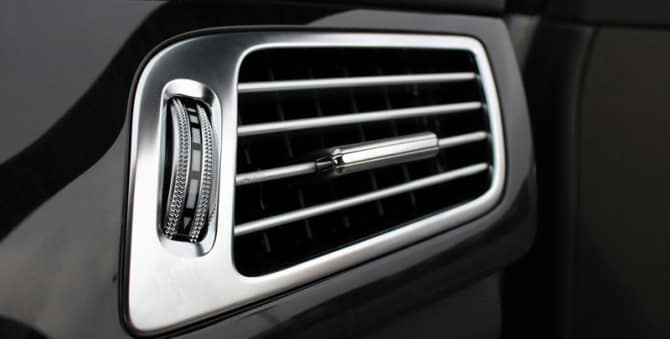
Servicing an automotive AC system can sometimes be expensive due to various factors:
1. Specialized Equipment: AC systems require specialized equipment, such as refrigerant recovery and recycling machines, vacuum pumps, manifold gauges, leak detection tools, and more. These tools and equipment can be costly to purchase and maintain, and their use is necessary for proper AC system servicing.
2. Skilled Labor: AC system servicing typically requires the expertise of trained technicians who are knowledgeable about the complexities of automotive AC systems. The labor costs associated with skilled technicians and their expertise contribute to the overall cost of servicing.
3. Refrigerant Costs: Refrigerants used in automotive AC systems can be expensive. The cost is influenced by factors such as the type of refrigerant, availability, and environmental regulations.
4. Diagnostic Time: Troubleshooting and diagnosing AC system issues can sometimes be time-consuming. Technicians may need to perform various tests, inspections, and measurements to identify the root cause of a problem. The time spent on diagnostics can affect the overall cost of servicing.
5. Parts and Components: If any components or parts of the AC system need to be replaced, the cost of those parts can add to the overall expense. Components such as compressors, condensers, expansion valves, or evaporator coils can be expensive, depending on the vehicle's make and model.
6. Regulatory Compliance: Environmental regulations and standards related to refrigerants and AC systems have become stricter in recent years. Technicians must adhere to these regulations, which may involve additional training, certifications, and compliance measures. The cost of staying up to date with these regulations can contribute to the overall cost of AC system servicing.
7. Warranty Considerations: Some vehicles may still be under warranty, and servicing the AC system by a certified dealer or service center might be necessary to maintain warranty coverage. These authorized service centers may have higher labor rates compared to independent repair shops, which can impact the cost of servicing.
It's important to remember that the cost of servicing an AC system can vary depending on factors such as the complexity of the problem, the vehicle makes and model, geographical location, and the service provider chosen. While it can be expensive, regular maintenance and timely repairs are crucial to ensure the optimal performance and longevity of the AC system in your vehicle.
Let us know how we can help.